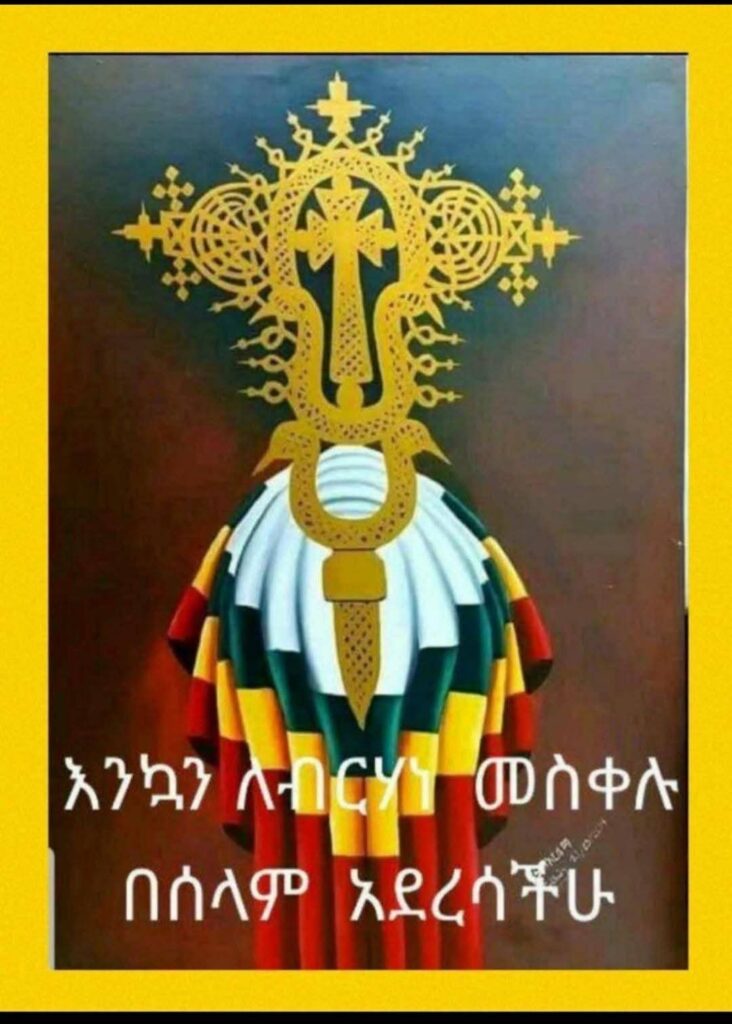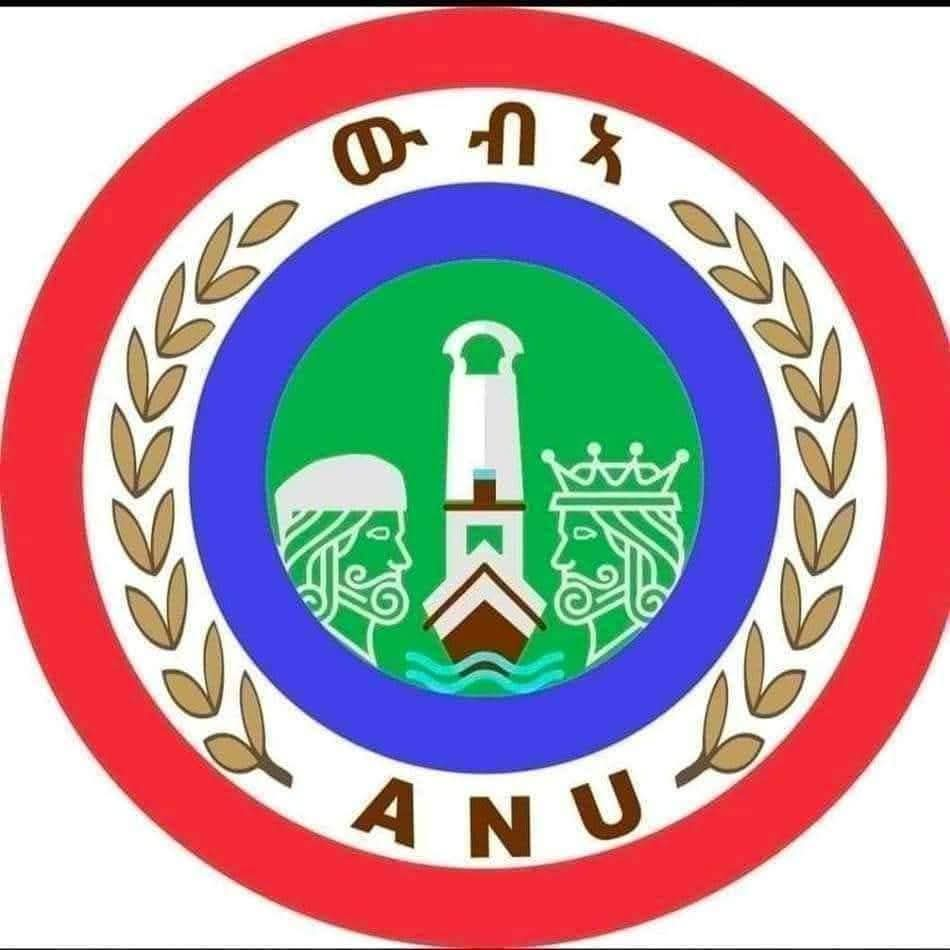Mekelle/Tel Aviv/Nairobi/Pretoria/London
The Ge’ez Community and the Impact of Political Dynamics on Religious and Cultural Heritage
The Ge’ez community—deeply rooted in the Ethiopian and Eritrean Orthodox Tewahedo Churches—represents a cornerstone of ancient Christian heritage, language, and tradition in the Horn of Africa. Over recent decades, shifting political dynamics, particularly those associated with the Tigray People’s Liberation Front (TPLF), have significantly affected this community, creating profound religious, cultural, and social challenges.
Religious Fragmentation
The establishment of a separate Tigray Orthodox Synod under TPLF influence has introduced division within the historic Ethiopian Orthodox Church, undermining centuries of ecclesiastical unity. This development is widely viewed as a case of political interference in spiritual affairs, eroding the Church’s long-standing autonomy.
Cultural Heritage at Risk
The Ge’ez language and its ancient liturgical traditions face growing vulnerability as political conflict increasingly prioritizes ethnic nationalism over shared heritage. The fracturing of religious institutions threatens the preservation of this unique cultural identity, which serves as a spiritual and historical bridge across the region.

Social Polarization
The TPLF’s involvement in regional conflicts has intensified ethnic and religious tensions, fostering mistrust and alienation among members of the Ge’ez Orthodox community outside Tigray. Such divisions jeopardize the spirit of unity that has historically defined the faith.
Disruption of Religious Practices
Ongoing conflict and instability have disrupted access to sacred sites, pilgrimages, and communal worship, obstructing the transmission of religious knowledge and the continuity of cultural practices central to the Ge’ez tradition.
Loss of Trust and Legitimacy
Many within the Ge’ez community perceive the TPLF as prioritizing political objectives over spiritual well-being. This perception has deepened alienation and weakened social cohesion, eroding confidence in both political and religious leadership.

Broader Implications
- The weakening of Ge’ez Christian heritage, a vital unifying force in the Horn of Africa, threatens both national identity and regional peace.
- Political manipulation of religious institutions risks inflicting long-term damage on traditions that have endured for centuries.
- Conflict-related harm to heritage sites and religious communities poses the danger of irreversible cultural loss.
The Role of ANU in Cultural Restoration
Amid these challenges, the ANU party has emerged as a key advocate for the restoration and preservation of Ge’ez culture. Recognizing the profound historical, linguistic, and spiritual significance of the Ge’ez tradition, ANU is actively working to protect and revitalize this heritage.
Its initiatives include:

- Promoting education in the Ge’ez language within schools and religious institutions to ensure generational continuity.
- Supporting legal protections for historic monasteries, churches, and cultural landmarks to safeguard them from neglect or destruction.
- Encouraging community dialogue to heal divisions created by political interference and to strengthen the bonds among Ge’ez-speaking populations across Ethiopia and the broader Horn of Africa.
By prioritizing cultural unity over ethnic division, ANU’s efforts aim to reaffirm the Ge’ez heritage as a source of national pride, spiritual renewal, and regional stability.
Key Questions for Reflection
- How can the Ge’ez Orthodox Church reclaim its spiritual autonomy from political interference?
- What mechanisms can be implemented to protect cultural and religious heritage during periods of conflict?
- How can political actors such as the TPLF rebuild trust with religious communities through dialogue and reconciliation?
- What role can interfaith and intercultural initiatives play in healing these divisions and fostering lasting peace?
Faith and Cultural Resilience
Despite these profound challenges, the Ge’ez community continues to demonstrate remarkable resilience through its enduring faith, sacred language, and cultural traditions. Healing and renewal will require a renewed respect for spiritual practices that transcend political agendas.
Moving Forward
- Promote dialogue between political actors and religious leaders to safeguard spiritual independence.
- Strengthen legal protections for religious and cultural heritage to ensure its survival amid conflict.
- Encourage community-led peacebuilding initiatives rooted in shared faith and identity to foster reconciliation and national unity.
- Support ANU’s cultural initiatives as a model for preserving heritage while promoting inclusive national identity.
The survival of the Ge’ez tradition is not merely a matter of preserving a religious practice; it represents the safeguarding of a cultural and spiritual heritage that continues to inspire millions and remains integral to the identity and cohesion of the Horn of Africa.





